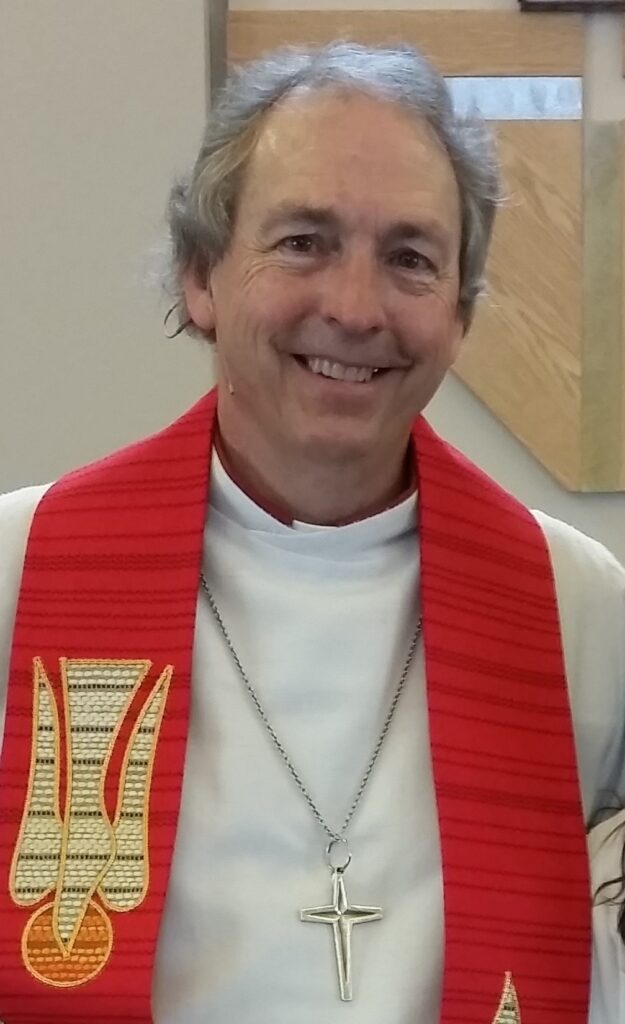Why Dave Haven chose to participate in the Living Into Inclusivity dialogues
“Bend Me, Shape Me’ was a popular song released in 1967 sung by the group “The American Breed.” It speaks of a man willing to be bent and shaped by the woman he loves. The submissive acquiescence of the lyrics may seem unsettling to ears that are not accustomed to admitting that people, places, events, etc. all play a part in shaping us as human beings. Though easy to resist the notion, there are forces at work shaping who we are (good or bad), which, in turn, influence our behavior, values, and ambitions.

This essay will begin to pull back the curtain on how my life has been shaped, bringing to the fore a passion to eliminate the demarcation lines of systemic racism, sexism, and other forces that separate humanity in order “to build a house where love can dwell and all can safely live.” (Lyrics from Marty Haugen’s song, “All Are Welcome”)
Growing up on a farm in North Dakota, near where my Norwegian immigrant grandparents homesteaded, instilled in me an appreciation for agrarian communities. Rural life played out in the changing seasons, the cycle of plant life, and the unregimented yet rigorous lifestyle. The rhythms of country living reminded me of how some things “stay the same,” while events within those patterns revealed the random nature of life. Alongside this recognition of seasonal and agrarian rhythms has been the influence of church life. The seasons of the church year and the liturgical rhythms of worship have been touchpoints in my life, fully recognizing the surprises – some joyous, some worthy of lament – that come with the territory.
The country church in which I grew up was steeped in pietistic Norwegian Lutheran theology – placing a heavy influence on proper “Christian living” – which excluded: drinking, smoking, dancing, playing cards, gambling, etc., as well as giving your “personal testimony” in public. There was always a sense that if we didn’t adhere to those moral expectations we were not worthy. The eye of a neighbor seemed always lurking around the corner, ready to raise an eyebrow to judge behavior that was deemed inappropriate.
There was a demarcation line that separated the holy from the unholy. No doubt, this shaped my worldview. The log in my own eye seemed incognito. Yet, receptor antennae began growing within me, raising awareness of the plight of those relegated to the other side of the holiness line.
I give credit for the growth of these antennae to a number of factors, including the opportunity to gain a liberal arts education, a solid theological grounding during seminary, hearing stories of missionary relatives who served in Africa, Ecuador, Mexico, and Peru, interacting with Native Americans near our farm, growing up with a mother who suffered from severe rheumatoid arthritis, tutoring Latino folks studying to become citizens, and admiring progressive people who loved their neighbors unconditionally.
My hope for this community is that the demarcation lines that instill fear and mistrust will dissolve into a safe space where thoughts, desires, ambitions, grievances, values, etc. can be expressed and played out without malice or degradation. My hope is that we might learn to trust and be trusted; to be vulnerable, to laugh, cry, critique…or just “be” – accepted unconditionally into an arena of folks who authentically love their neighbor.
